Responding to domestic press, President Lula da Silva said he still prioritized negotiations but would be willing to impose a 50% tax on US goods.
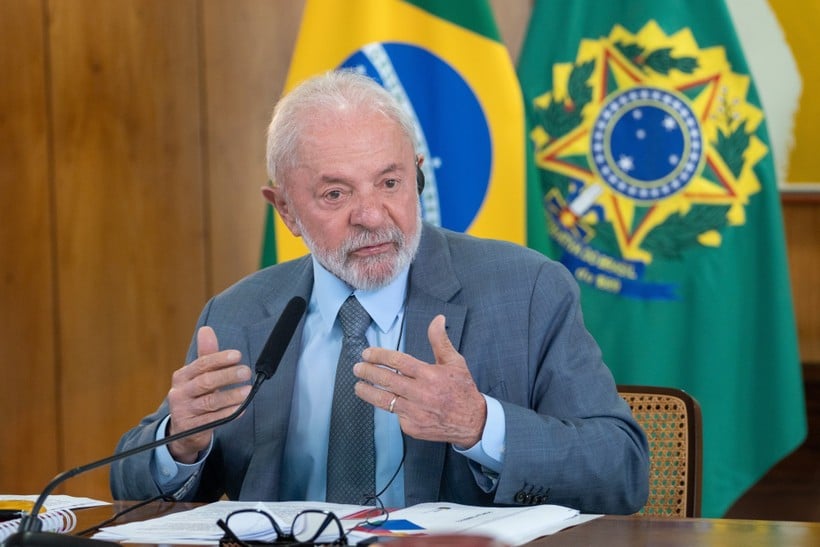
In a letter sent to Brazil on July 9, US President Donald Trump announced that Washington will impose a 50% tax on all imports from this partner and the new tariff will begin to apply from August 1.
Faced with the above situation, Brazilian President Luiz Inacio Lula da Silva recently said he wanted to find a diplomatic solution, but also announced that he would impose appropriate retaliatory tariffs.
Responding to domestic press, President Lula da Silva said he still prioritized negotiations but would be willing to impose a 50% tax on US goods.
According to a diplomatic source, the Brazilian president will not announce any retaliatory measures until the tariffs are officially applied.
At the same time, in a related move, Mr. Lula da Silva also said the government will establish a committee with Brazilian business leaders to review trade policy with the US.
The United States is Brazil's second-largest trading partner after China and is one of the few countries to run a trade surplus with Latin America's largest economy .
While the overall economic impact on Brazil appears limited, some sectors such as airlines and banking have been immediately affected.
Shares in several companies fell on July 10, including aircraft maker Embraer and major banks Itau Unibanco and Banco Santander.
However, this tax could also cause damage to the US, especially for food prices, due to Brazil's role in exporting agricultural products such as coffee, orange juice, sugar, beef...
The proposed 50% tariff could halt the flow of Brazilian coffee to the United States, its largest market.
Brazilian industry associations representing sectors such as coffee and oil issued a statement on July 10 calling for a diplomatic solution to the crisis.
Regarding oil products, according to experts, Brazil has enough logistical and commercial capacity to maintain competitiveness in the international market if the US's 50% tariff takes effect from August 1.
Meanwhile, for coffee, an industry expert said that with a 50% tax rate, Brazil will sell coffee to other markets and the US will have to buy from other countries.
Coffee consumers around the world, including in the United States, are now paying record high prices for beans after a 70% price increase last year due to limited supplies.
Brazil is known to be the world's largest coffee grower and exporter, while the US is the world's largest customer and leading coffee consumer, with nearly 200 million Americans drinking coffee every day.
In addition to coffee, more than half of all orange juice sold in the United States comes from Brazil. Orange juice futures rose 6% in New York on July 10 on concerns about supply shortages.
In recent years, the US has become increasingly dependent on imported orange juice due to sharp declines in domestic production caused by citrus greening disease, storms and severe cold spells./.
Source: https://baolangson.vn/thue-quan-cua-my-brazil-de-ngo-kha-nang-dam-phan-ngoai-giao-5052904.html


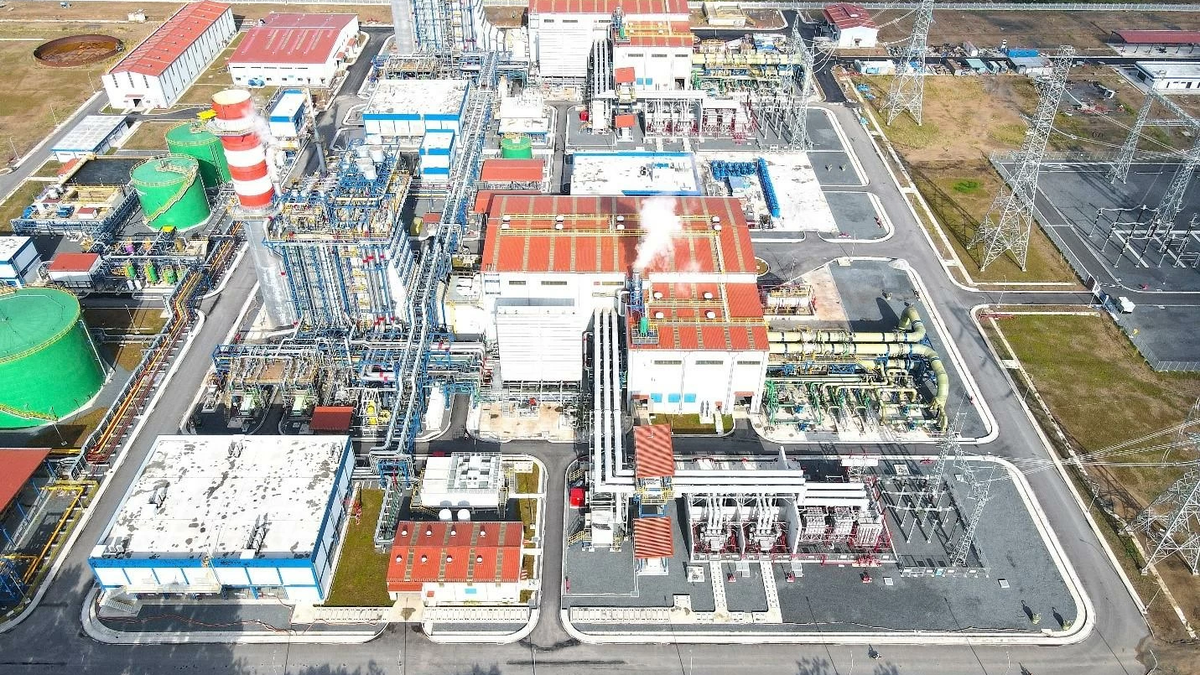





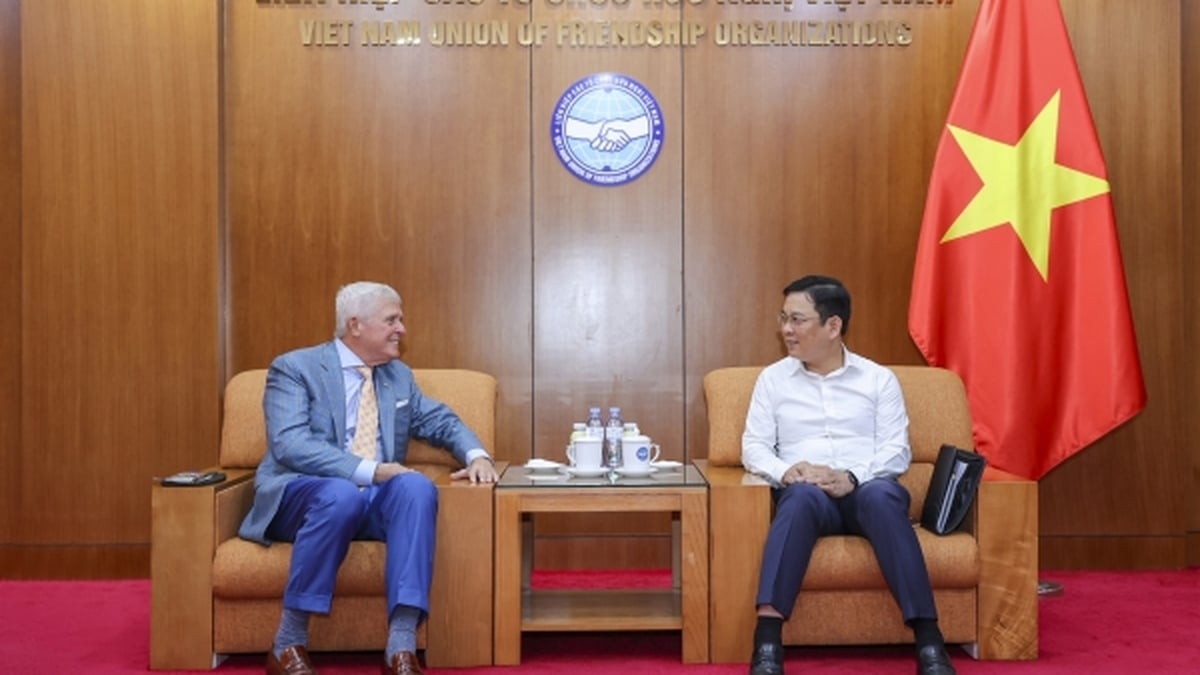













![[Photo] Gia Lai provincial leaders offer flowers at Uncle Ho's Monument with the ethnic groups of the Central Highlands](https://vphoto.vietnam.vn/thumb/1200x675/vietnam/resource/IMAGE/2025/7/9/196438801da24b3cb6158d0501984818)













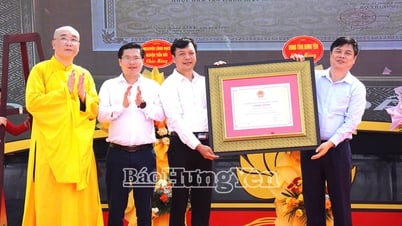

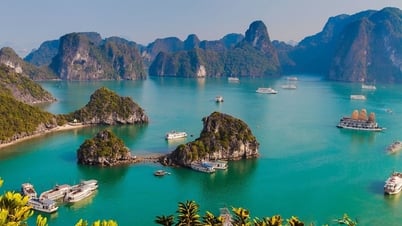

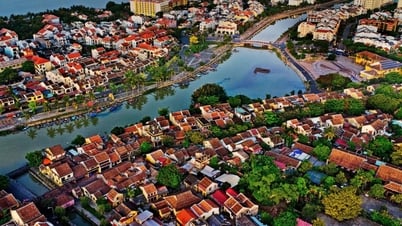


















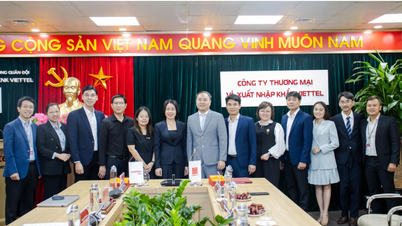





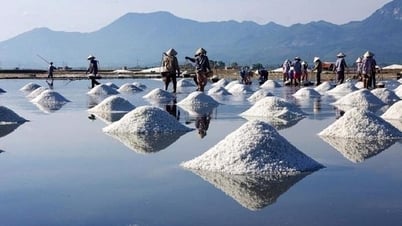
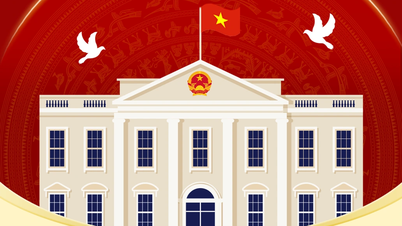

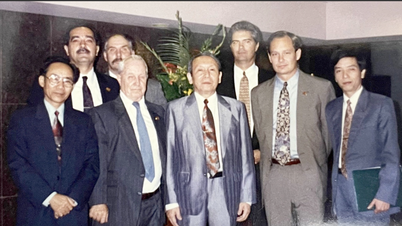
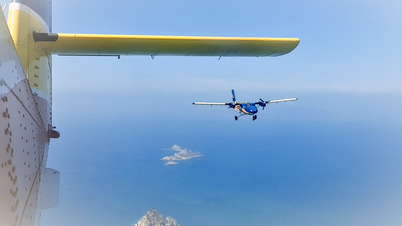
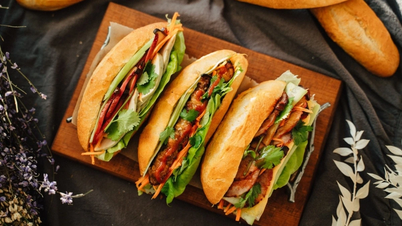
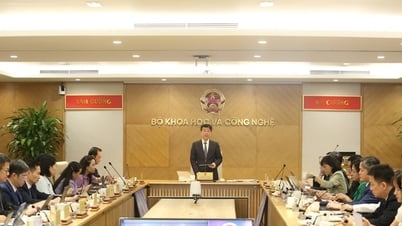


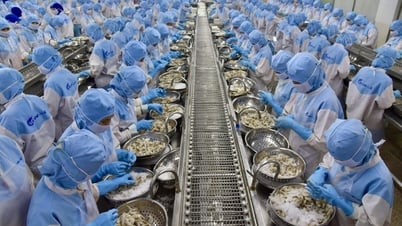

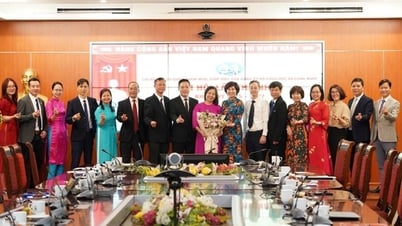


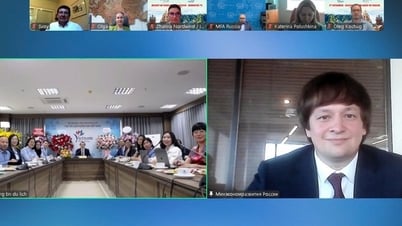











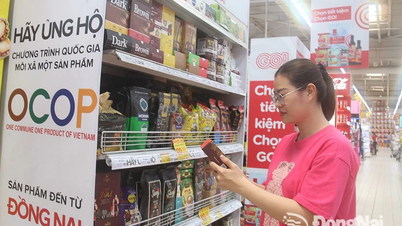



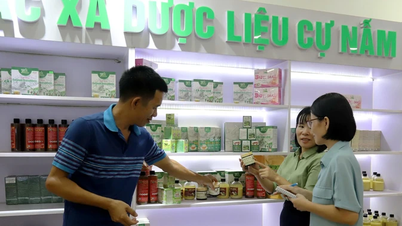





Comment (0)